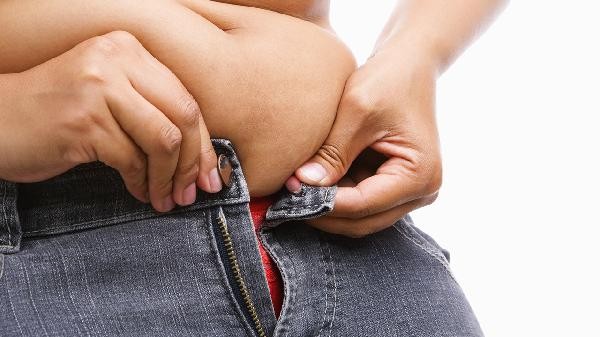During weight loss, fat is mainly excreted from the body in the form of carbon dioxide and water. About 84% of the final products of fat metabolism are converted into carbon dioxide through respiration, and 16% are excreted through bodily fluids such as sweat and urine. Fat breakdown requires complex biochemical reactions such as beta oxidation and the tricarboxylic acid cycle, and is ultimately excreted through the respiratory system, urinary system, and skin. triglycerides in adipocytes are broken down into glycerol and free fatty acids by lipase during weight loss. After entering the mitochondria, free fatty acids undergo beta oxidation to produce acetyl CoA, which then participates in the tricarboxylic acid cycle to generate energy. During this process, a large amount of carbon dioxide will be produced and excreted through lung respiration. The remaining metabolic products, such as ketones and water-soluble substances, are filtered by the kidneys to form urine or secreted through sweat glands.

In special circumstances such as during a ketogenic diet, a large amount of fat will be converted into ketone bodies. At this time, about 60% of ketone bodies are excreted through respiration, 30% through urine, and the rest through sweat and feces. In this mode, the acetone content in the breath significantly increases, which may produce a special odor. If ketoacidosis occurs in patients with diabetes, the urine ketone test will show a strong positive, which requires timely medical intervention. Regular aerobic exercise can improve fat oxidation efficiency. It is recommended to engage in 150 minutes of moderate intensity exercise such as brisk walking and swimming per week. An increase in respiratory rate during exercise helps to eliminate carbon dioxide, and it is important to drink no less than 1500 milliliters of water per day to promote the clearance of metabolic waste. Green tea, grapefruit and other foods can be moderately increased in diet. The catechins and naringin in them can activate lipase activity, but cannot replace normal metabolic processes.











Comments (0)
Leave a Comment
No comments yet
Be the first to share your thoughts!